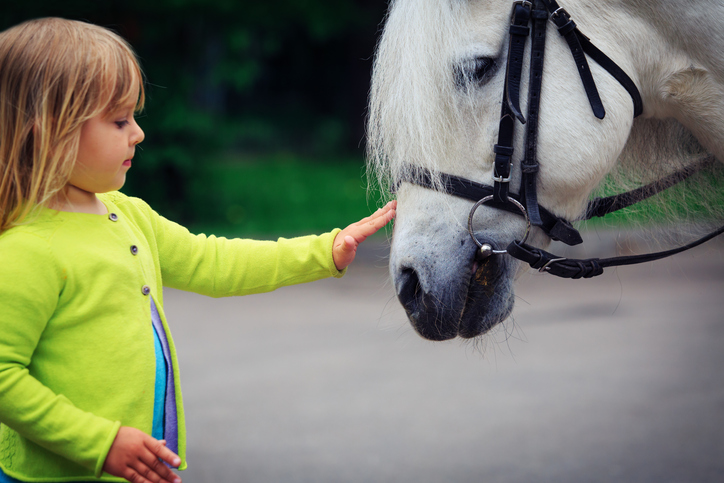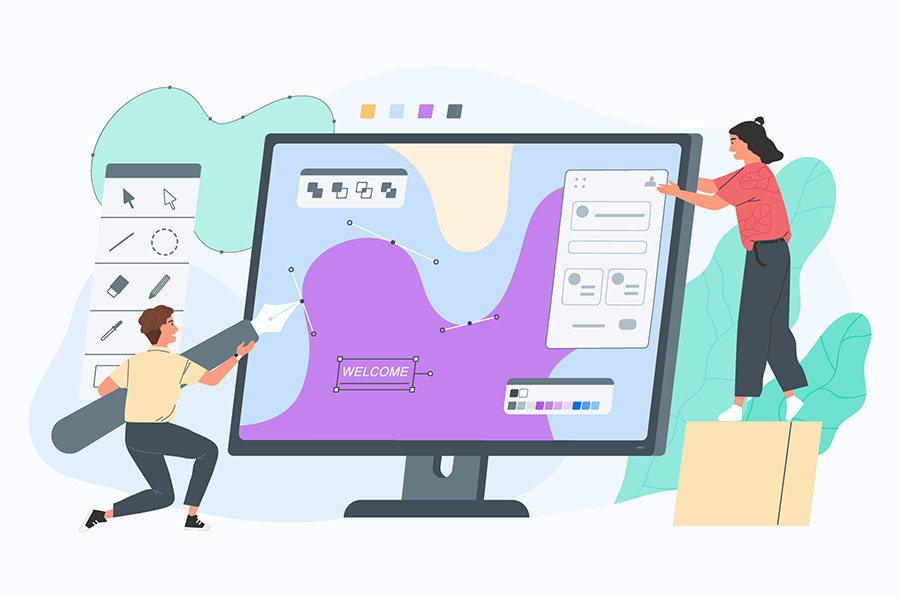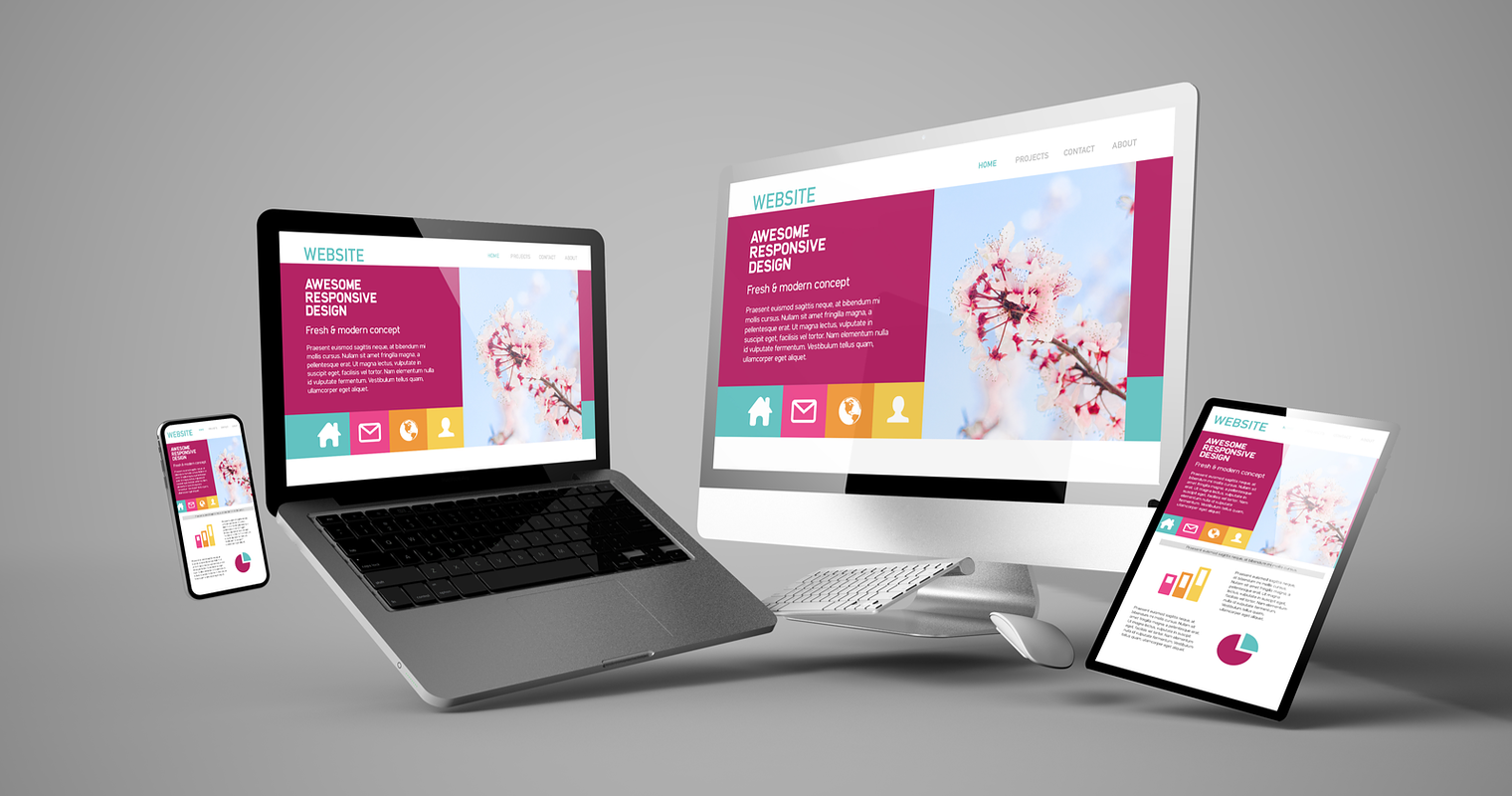At Idaho Youth Ranch, we’ve seen how time spent with horses has helped hundreds of at-risk kids through a special treatment model called Equine Assisted Psychotherapy (EAP). Whether you believe in the spiritual benefits that is certainly a personal choice, but if you are open to such notions then there is something quite special and healing about being with horses. Equine therapy allows for people to find healing, growth, and deep connection through the healing work horses and therapists facilitate.

What is equine therapy How does it work?
Through the process the therapist will help the client find parallels. In a typical therapy session, 15 to 25 minutes of equine movement may be incorporated by the treating therapist - which represents 1500 to 2500 neuromotor inputs to the patient. The slow rhythm of the movement is soothing. Licensed therapy professionals in PT, OT and SLP incorporate equine movement into their plans of care for their patients as a ” therapy tool”.
Strength, Muscle Coordination and Sensory Processing used for walking, talking, and the use of fine motor skills for activities of daily living and general attention to tasks have all been shown to be positively impacted by equine movement as a facilitation tool/strategy, when under the direction of a therapist, as part of a larger total plan of care. From providing basic care for the horses to helping with scheduled therapy sessions or completing special projects (putting up hay, fixing fences, building stalls), volunteers are central to a center’s success.

The method teaches you how to work with a horse in the most loving, effective and efficient way possible for lasting results and success. People get to be in the presence of a horse while the equine therapist facilitates deep and meaningful connection and relationship between horse and client. Learning how to hold and practice deep and meaningful connection and relationship while working through the process of therapy with the horse can help us further deep and meaningful relationships in our day to day life.
What is equine therapy called?
Horses do not hold prejudice or judgment when working with people, and they simply work off of intuition and instinct. Have beautiful temperaments that are ideally suited to this work. Our job is to put them through a process where they can realize what they are capable of, and they choose relationship over fear and create a bond with us as their leaders,” Fink said.
Horses are always held in the highest regard at Renewing Hope Ranch, they always have a choice to participate, and they are given the same respect as any being we interact in relationship with. Horses allow us and create openings to build relationship with them, ourselves, others, and nature. The equine therapist helps clients build a deep and meaningful connection with the horse and the nature around them. Nature Nurture Therapy offers Equine and Animal assisted Psychotherapy and Learning (EAP and EAL) specialised wellness programs and Corporate workshops.
Equine-assisted services incorporate equine-assisted therapy, equine-assisted learning and horsemanship. BINA is a nonprofit focused on helping people of all ages and abilities thrive, primarily through equine-assisted activities and therapies. Equine Therapy provides so many benefits to people of all ages. What others are saying about ASDF’s equine therapy program… On behalf of Equine Assisted Therapy, we would like to take this opportunity to thank you for your recent donation to support our rider scholarship for patrick Olsson.
“Thank you for giving our son, Owen, the opportunity to participate in therapeutic riding lessons during summer session. Gross motor skills since he started riding. Those who have attended have seen a great deal of improvement in communication, motor skills and so much more. She was referred for equine therapy services to help her develop coping skills for impulsivity, and to solidify positive relationships. The staff includes counselors, equine professionals, and Fran Williams, senior psychologist with Hazelden Mental Health Services.
It is important for families and healthcare professionals alike to recognize that hippotherapy is provided within standard occupational therapy, physical therapy and/or speech-language therapy services. Equine therapy is facilitated by both the mental health professional and the horse. The human-horse bond is unique because establishing a connection with a horse is unlike any other; the magic of connecting with a horse lies in the horse’s humanlike ability to communicate with its rider with fascinating loyalty and grace.
One of the most important aspects of equine therapy - or, indeed, any form of animal therapy - is the bond that is created between the animal and the patient. Hippotherapy can be utilized in as a treatment tool or strategy by occupational therapy, physical therapy and speech language pathology professionals, while working within their scope of practice. Hippotherapy has been regarded as a therapy tool/strategy that can be utilized by occupational therapy, physical therapy and speech-language therapy professionals while working within their scope of practice by the American Occupational Therapy Association (AOTA), American Physical Therapy Association (APTA) and American Speech-Language and Hearing Association (ASHA).
This opens up opportunities to learn how to manage feelings of not being in control, while in a safe and secure environment. Horses not holding judgement provides both therapist and client an honest line of communication so that we can see deeper into the story being told and the present moment. Just this week, he started riding a bicycle and last week his occupational therapist reported his letter formations and tying are improving.
For more information see Riding for the Disabled: How can it help? Jeffrey and Karen L. “This is Patrick’s first experience riding horses. During his very first lesson a few weeks ago his mother commented that she hadn’t heard Patrick laugh or seen such joy on his face since she could remember! Several learning disabilities. Susan’s biological mother is a non-biological relative of her adoptive mother.
An unmounted learning session is typically included each semester to incorporate horse care. For more information on coding and billing related to hippotherapy, see the AHA Inc. Position Statement on Coding and Billing Practices When Hippotherapy is part of plan of care here and view “Use of Hippotherapy in Occupational Therapy, Physical Therapy and Speech Therapy” here. Because those illnesses are so common, Alcohol Rehab Centers Pittsburgh makes certain to screen their clients for medical issues, to make sure that they're going to get the most effective care.













